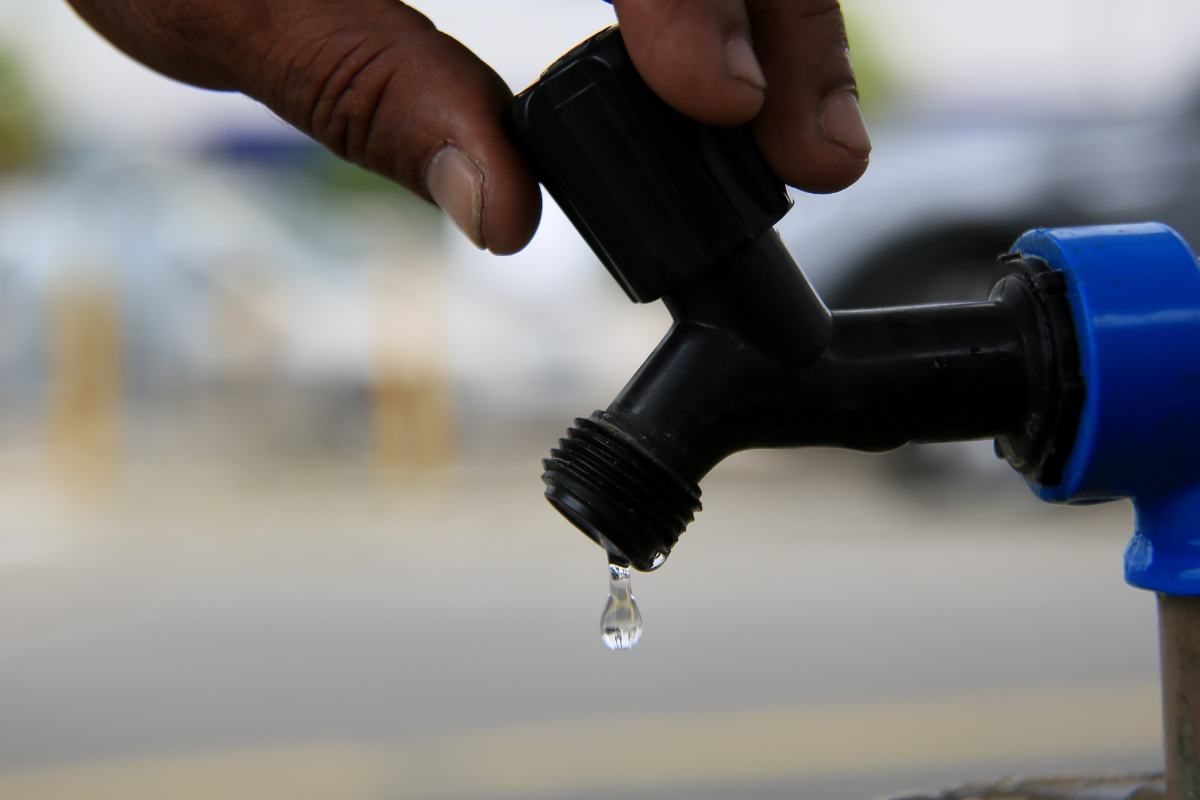Some 2.1 million children and adolescents up to the age of 19 in Brazil lack access to safe drinking water, according to a Unicef analysis released on World Water Day.
The United Nations Children’s Fund used census data from the Brazilian Institute of Geography and Statistics.
Unicef says that the 2022 census “shows that the lack of access to water affects populations in the most vulnerable situations most intensely – especially black people, indigenous people, and residents of the North and Northeast regions”.
The percentage of black children and adolescents without adequate access is twice that of white people: 4.7 percent versus 2.2 percent, respectively.
Among indigenous children and adolescents, the percentage is 11 times higher than among whites (25 percent).
Lack of access to water also occurs in schools. Some 1.2 million children are enrolled in 7,500 public schools with inadequate access, including 224,000 children enrolled in 3,000 schools that have no access at all.
Rodrigo Resende, Unicef’s water, sanitation, and hygiene officer in Brazil, said in a statement that “the climate crisis is also a water access crisis.”
“The numbers represent the critical number of children and adolescents who are without access to safe water to drink, prepare food, and perform adequate hygiene, which violates their rights and harms their health, leading to the risk of contracting diseases, such as acute diarrhea”, he added.
The same census showed that the number of Brazilian households with a sewage system increased by 9.7 percentage points between 2010 and 2022, a slow pace that, if maintained, will leave the country far from its goals defined by law.


 Search
Search






































